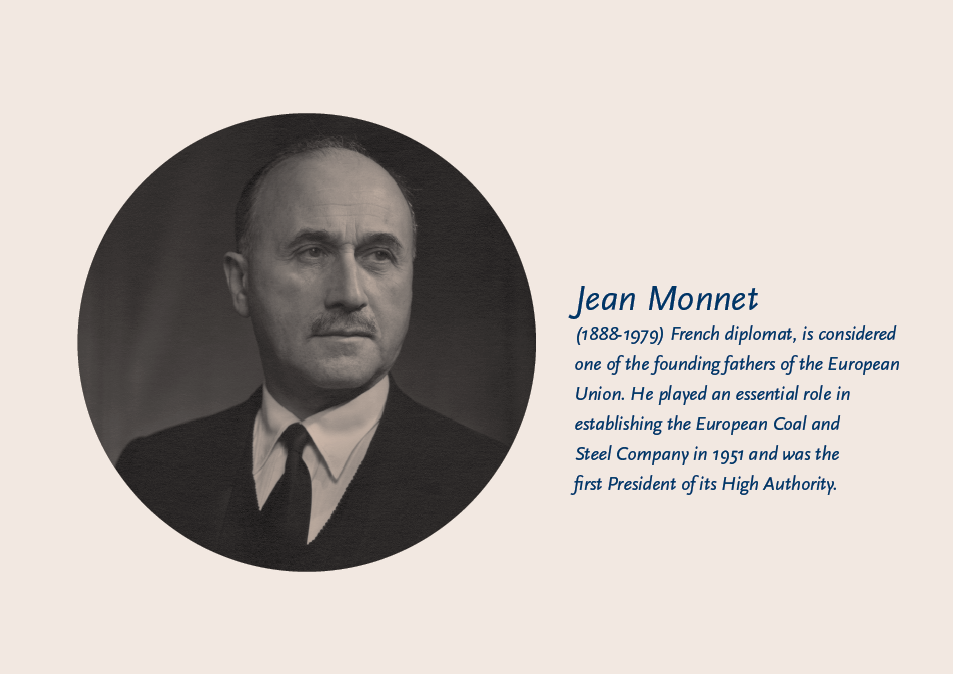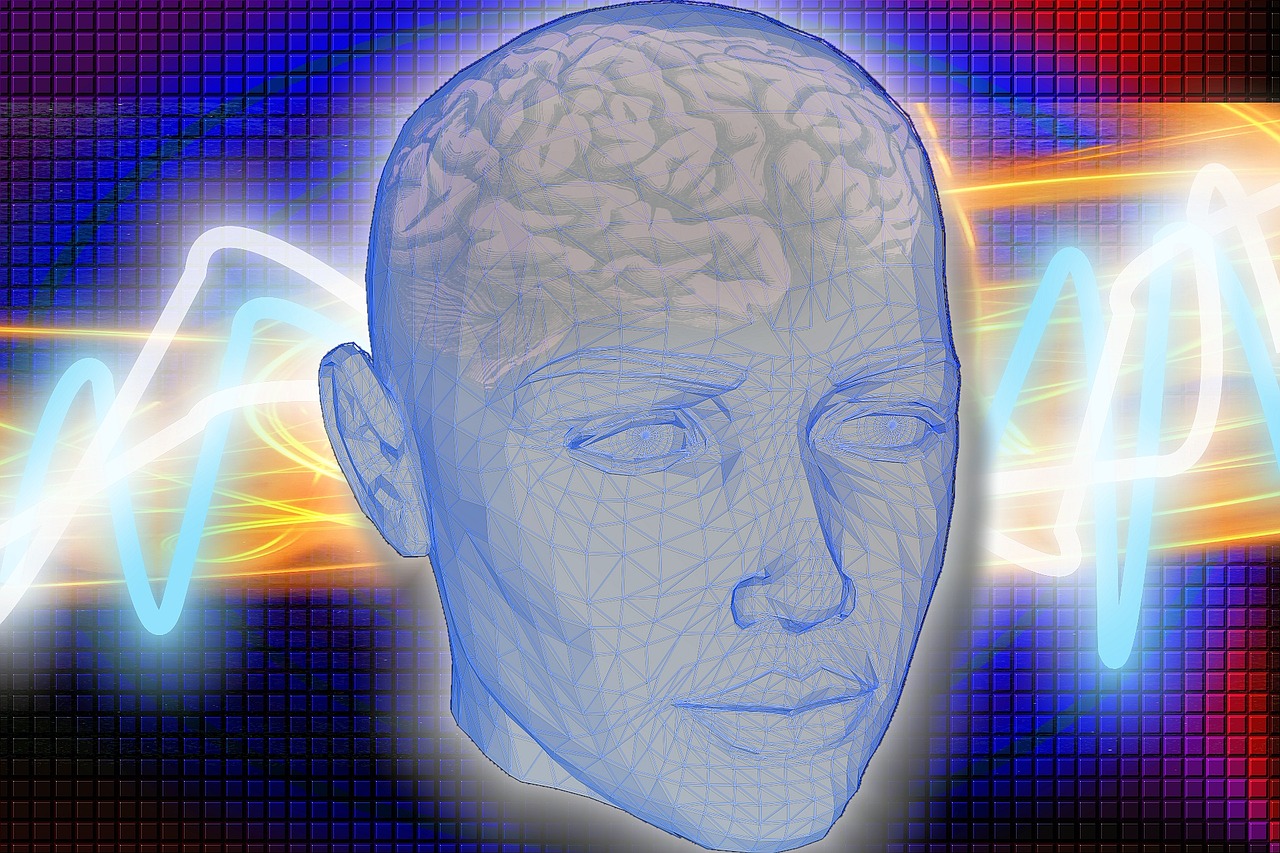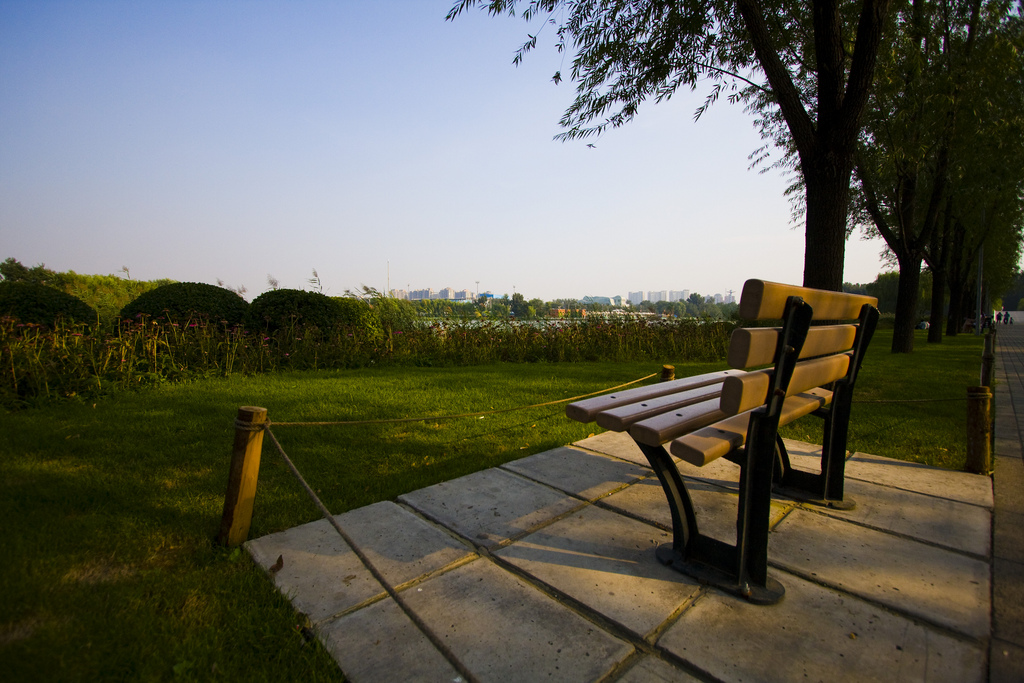Latest blog articles
-
Jean Monnet (1888-1979) is, in some ways, an unlikely person to be honoured by having a university hall called after him. Indeed, Monnet left school at the age of sixteen, never obtained a university degree, and indeed never started university studies. He grew up in the city of Cognac as the son of...
-
How do we guarantee access to COVID-19 vaccines and therapies, and secure health-related human rights for all? We’ve heard a string of promises in the race for new vaccines and therapies.
-
It’s been almost a month since the COVID-19 pandemic has drastically changed the way we live and work. Now that we are more used to, in a manner of speaking, the extraordinary measures to curtail the rampant spread of the virus, it’s time to seriously consider, and openly discuss, this crisis’...
-
Globally the majority of health-related R&D is invested in medicines with substantial guaranteed returns, yet what is missing is extensive R&D targeted at diseases overwhelmingly prevalent in developing countries. This threatens long-term availability of medicines and treatment options for these...
-
My message is, however, that next to the main lines of law’s contents, law students should learn about the ways in which law affects society and its participants. In this connection, they should study selected topics from sociology, but also – and that is the main message here – the cognitive...
-
A little bit of provocation sharpens the mind. Let me therefore start with a provocative thesis: Most lawyers have no idea what law is.
-
Is there such a thing as ‘European private law’? In my opinion there is not, just as there is no Dutch, French, English, or Chinese private law. Let me explain. Legal rules, including rules of private law, have many characteristics.






